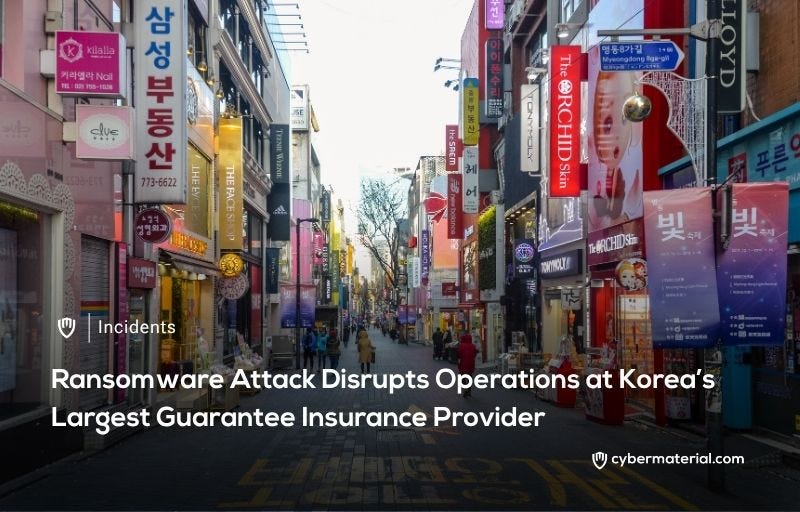
Seoul Guarantee Insurance (SGI), a crucial component of South Korea’s financial infrastructure and its largest provider of guarantee insurance, has been severely incapacitated by a ransomware attack.…

Seoul Guarantee Insurance (SGI), a crucial component of South Korea’s financial infrastructure and its largest provider of guarantee insurance, has been severely incapacitated by a ransomware attack.…